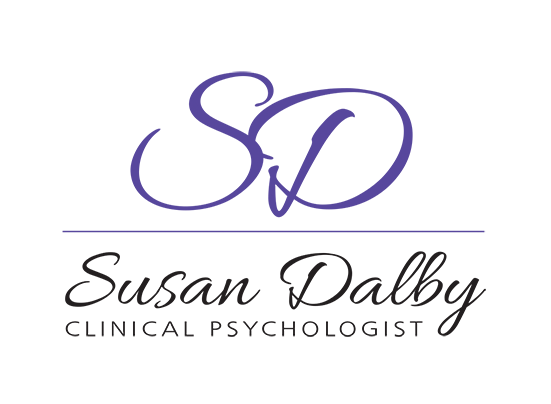Counselling Services
Current counselling arrangements
Counselling is available face-to-face and by telehealth (telephone or video conference). The Government has made Telehealth appointments permanently available to clients for health services including psychology. I am now able to see some new clients both face to face and by telehealth. Contact me by phone or email with details about what you need from therapy.
Finding the right psychologist for you
Finding the right psychologist is important. Research shows that the rapport you have with your psychologist accounts for a large proportion of success in counseling. Ask questions over the phone about cost, availability, areas of expertise and treatment approaches. Use this information and your gut feeling to make a preliminary assessment about how comfortable you feel talking to this psychologist.
My areas of interest
I mostly work with people aged from about 18, on the following:
Anxiety including generalised anxiety, phobias, panic attacks, OCD
Traumas including accidents, assault, childhood sexual abuse, military
Depression including post natal depression
Life transitions including separation/divorce, children leaving home
Grief and loss though you may wish to consider Canberra Grief Centre for more specialist services
Relationship difficulties (but I refer elsewhere for couple counseling)
Sleep problems
Stress and workplace bullying
Pain management
Gambling problems (but you may wish to contact Gambling Help online or call them on 1800 858 858 for free 24/7 services in Canberra)
Therapies I use
There are many hundreds of validated and beneficial psychological therapies and they all work towards similar goals – alleviation of symptoms through understanding and processing of causative factors. To begin, it is important to clearly identify the problem accurately and then we work together on the problem often with multiple pathways simultaneously.
1. I usually start with conversation about the issue and ask many questions including about your symptoms and the problems these cause, background, other treatments you have tried and coping strategies.
2. I most commonly use a Schema Therapy approach for the majority of therapy. This can involve a questionnaire assessment and psycho-education about the model including application to your presenting problems as well as experiential exercises.
3. Psycho-education is a an ongoing component of therapy to help you understand models and frameworks with which to view your issues and have some way forward making conscious deliberate decisions. There are times when I use a Cognitive Behavioural Therapy (CBT) or Narrative Therapy approach with elements of Acceptance and Commitment Therapy (ACT) and Dialectical Behaviour Therapy (DBT).
4. For some trauma treatments, I use Eye Movement Desensitisation and Reprocessing (EMDR).
5. For other trauma treatments I use sand tray and symbol work therapies (for adults). Here are some examples of what completed sand trays look like.
6. I am beginning to make short (1-2 hours) videos of the therapeutic techniques and models I use for around $30. You can find them on the UDEMY platform and the first course on Emotion Regulation is available now.
